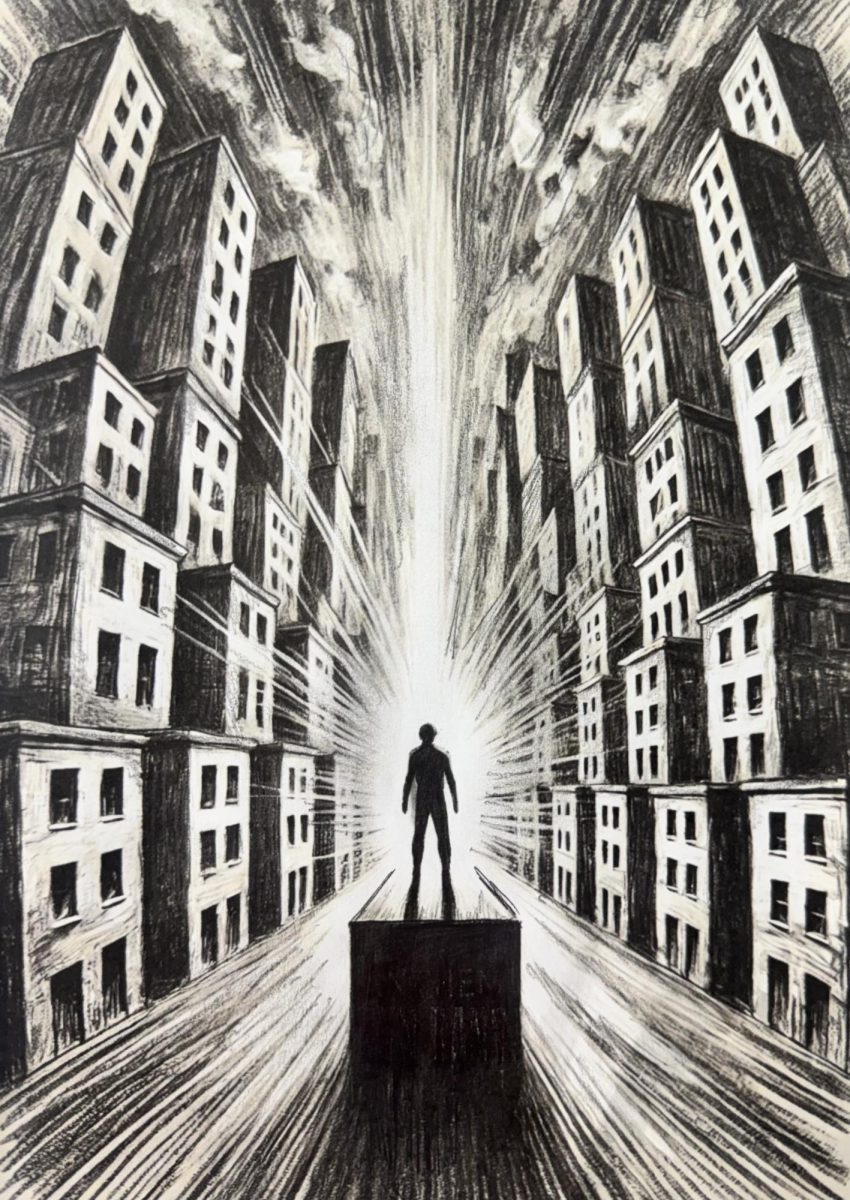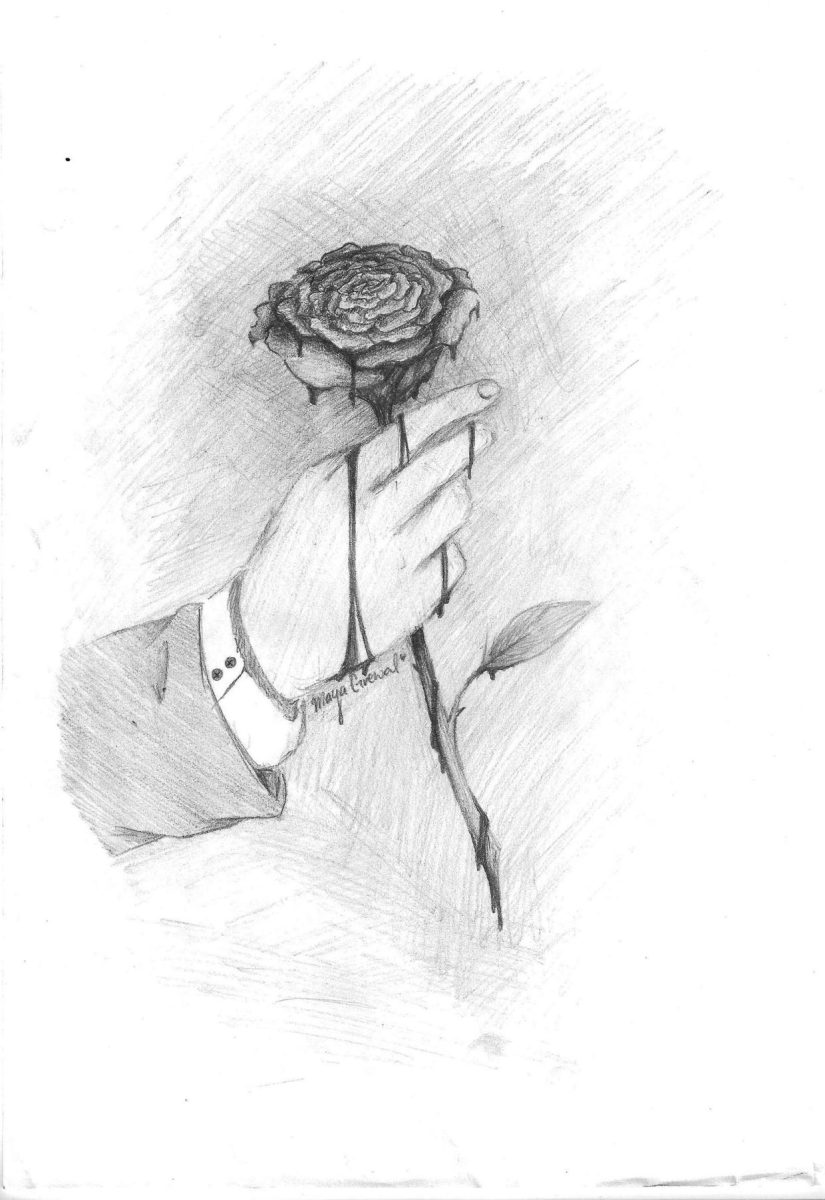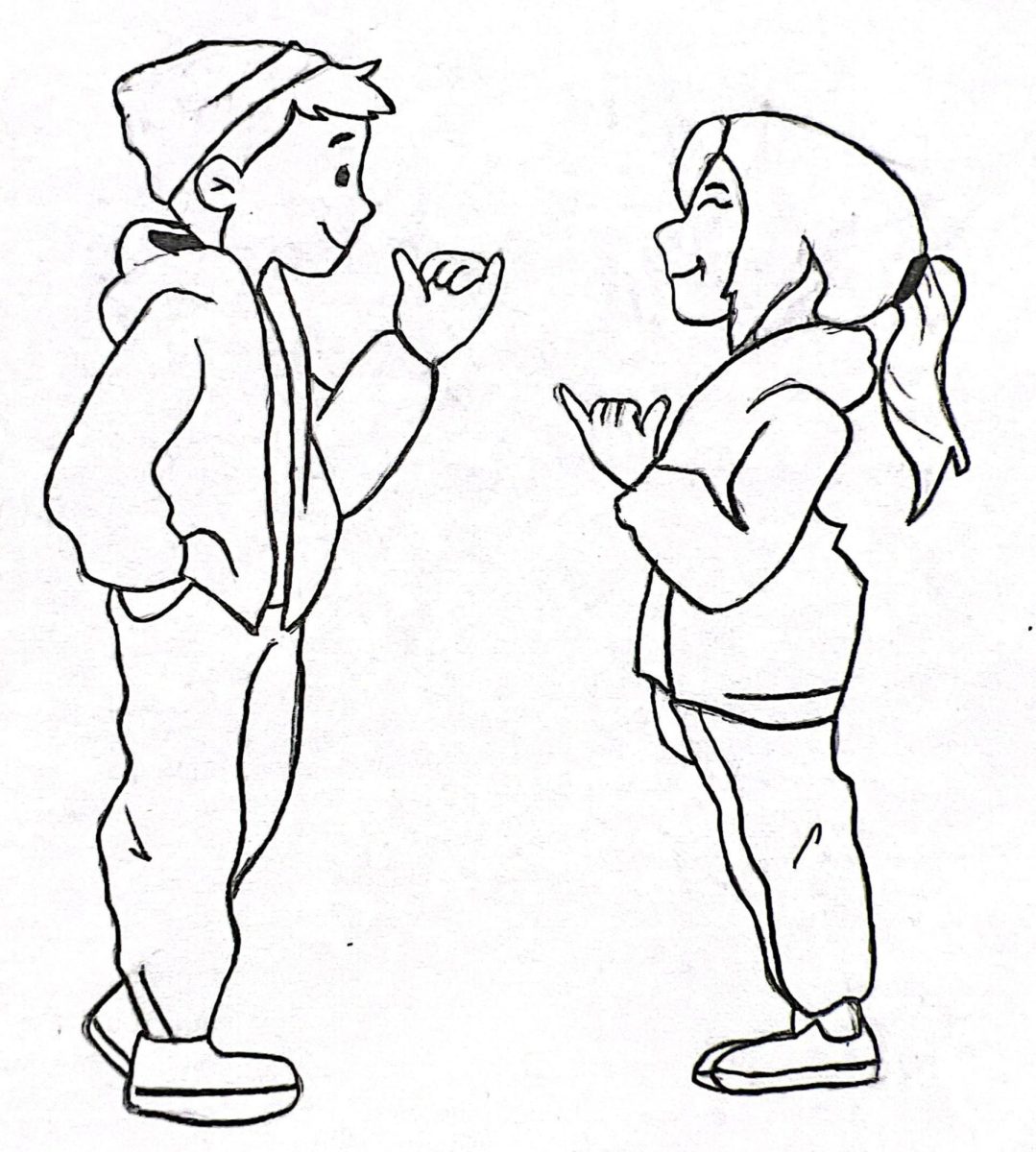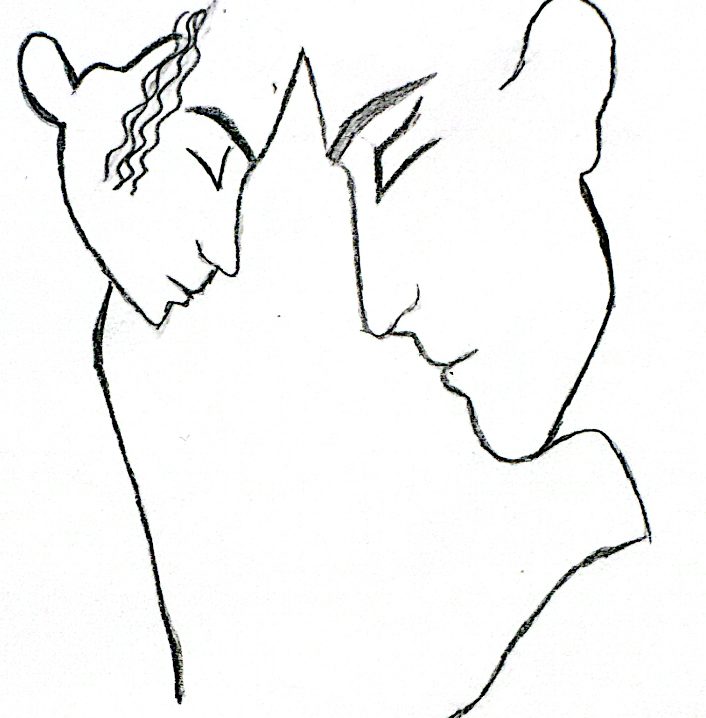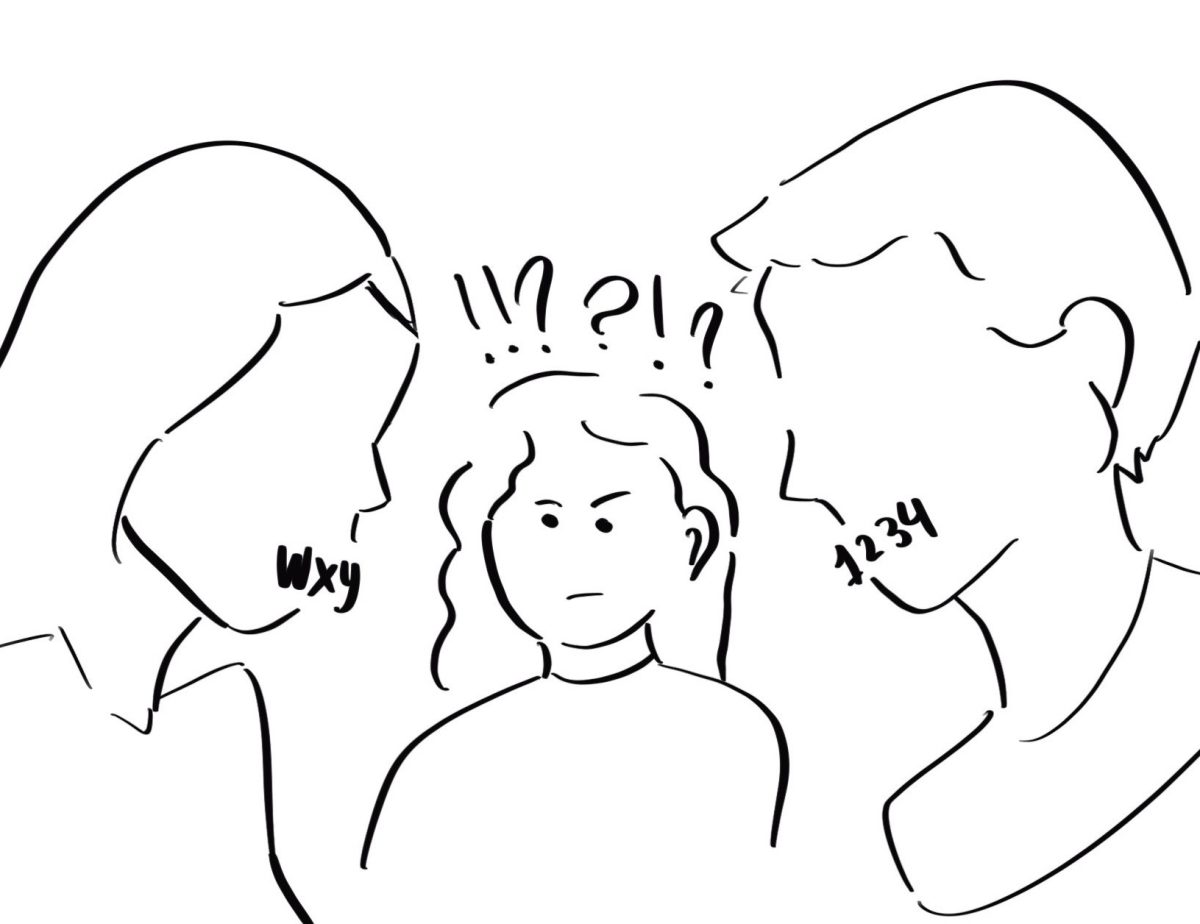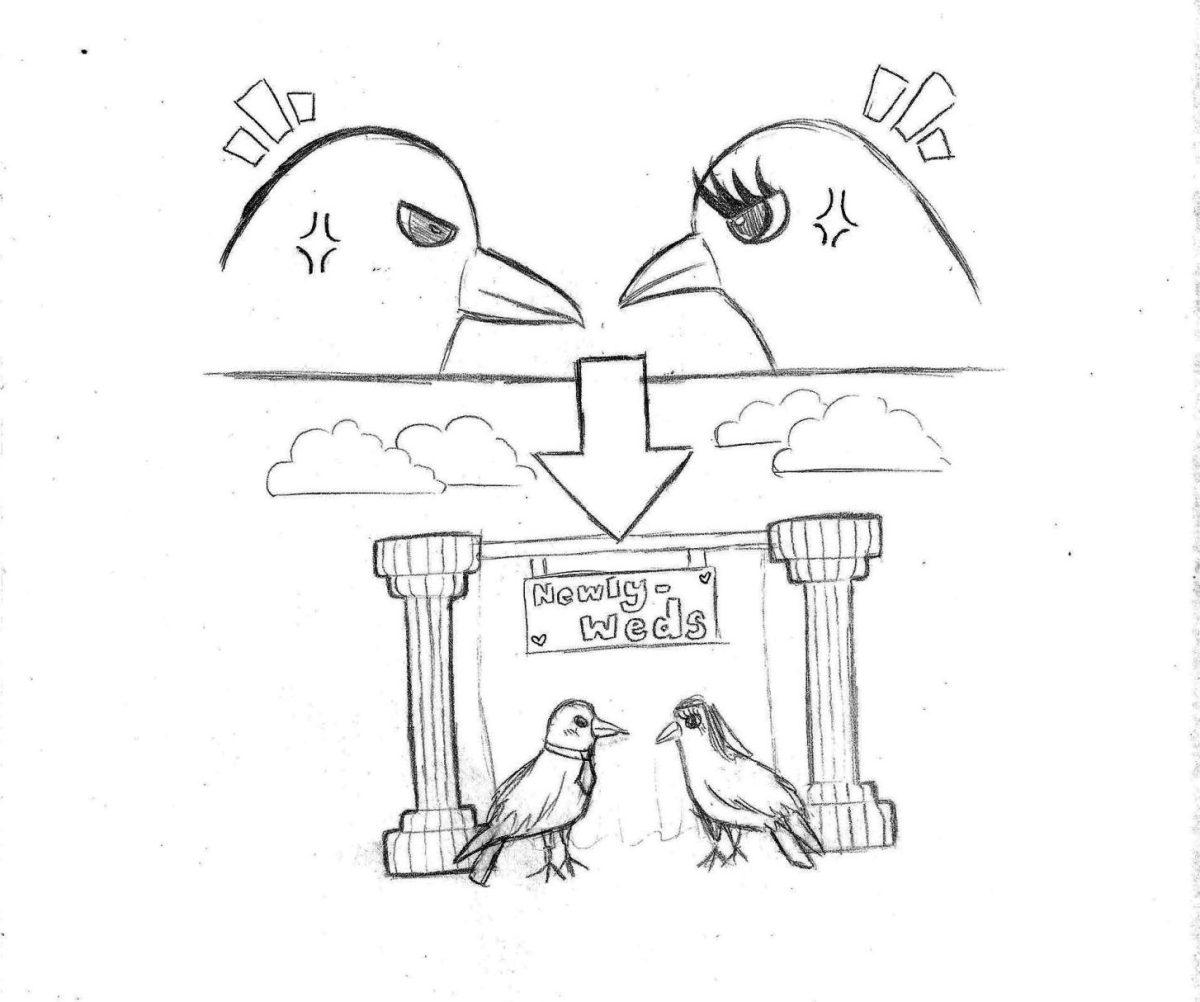There’s something seriously fascinating about the idea of someone uncovering a truth that they were never meant to know. That’s what the “forbidden knowledge” trope is all about. It shows up in books, movies, and even mythology, and it always pulls me in. It’s not just about unlocking a secret. It’s about what happens after, and how that knowledge changes the character, their world, or sometimes both. That’s what makes this trope so powerful.
One reason I’m drawn to this trope is because these stories actually make me think. Don’t get me wrong, romance has its place, and it might be meaningful for some readers, but it’s never caught my interest. This may be controversial, but sometimes the romantic aspect of a book takes over so much that the story loses the depth it could have had. I prefer books that leave me with questions or give me something to hold on to after I finish the last page. The more I read stories with complex ideas, such as the consequences of knowing too much, the more I feel like I’m learning. Not just about the characters, but about people, decisions, and even myself.
Reading, to me, is a way to explore ideas that aren’t always talked about in everyday life. That’s why I connect most with stories that go beyond surface-level plots. Forbidden Knowledge is about finding meaning in the risks people take and the lessons they learn. It invites myself, and other readers to think about curiosity, ambition, and how far people are willing to go to understand the world around them.
One book that really deepened my appreciation for this trope was Anthem by Ayn Rand. I read this book in my English Honors 2 class (thank you, Ms. Plascencia), and I was completely engrossed in it almost immediately. The main character, Equality 7-2521, lives in a world where individual thought is strictly forbidden. When he begins learning secrets and discovers electricity, it feels like he is opening a door that had been locked for centuries. That moment when he dares to say “I” for the first time was incredibly moving. It was the clear turning point of the book. Anthem showed me how knowledge can be both dangerous and freeing, and I absolutely adored it. Anthem balanced both a beautiful romance and the overwhelming crave for forbidden knowledge, making it all the more enticing. The book is short, but the ideas stay with you.
Another great example is Frankenstein by Mary Shelley. Victor Frankenstein becomes infatuated with uncovering the secrets of life. Even though he succeeds, his discovery ends up ruining all that he cares about. His obsession with forbidden knowledge doesn’t lead to victory. It leads to destruction. That story stuck with me, not because it was mysterious, but because it had so much to say about responsibility, ambition, and the price of knowing too much. Books like that don’t just entertain. They make you look at things a little differently than you did before.
All things considered, forbidden knowledge is my favorite trope because it reminds me of why I deeply value reading in the first place. It gives me stories that are complex and thought-provoking, and every time I read one, I feel like I walk away with more understanding than I had before. It’s not about escaping reality, it’s about seeing it in a new way.
